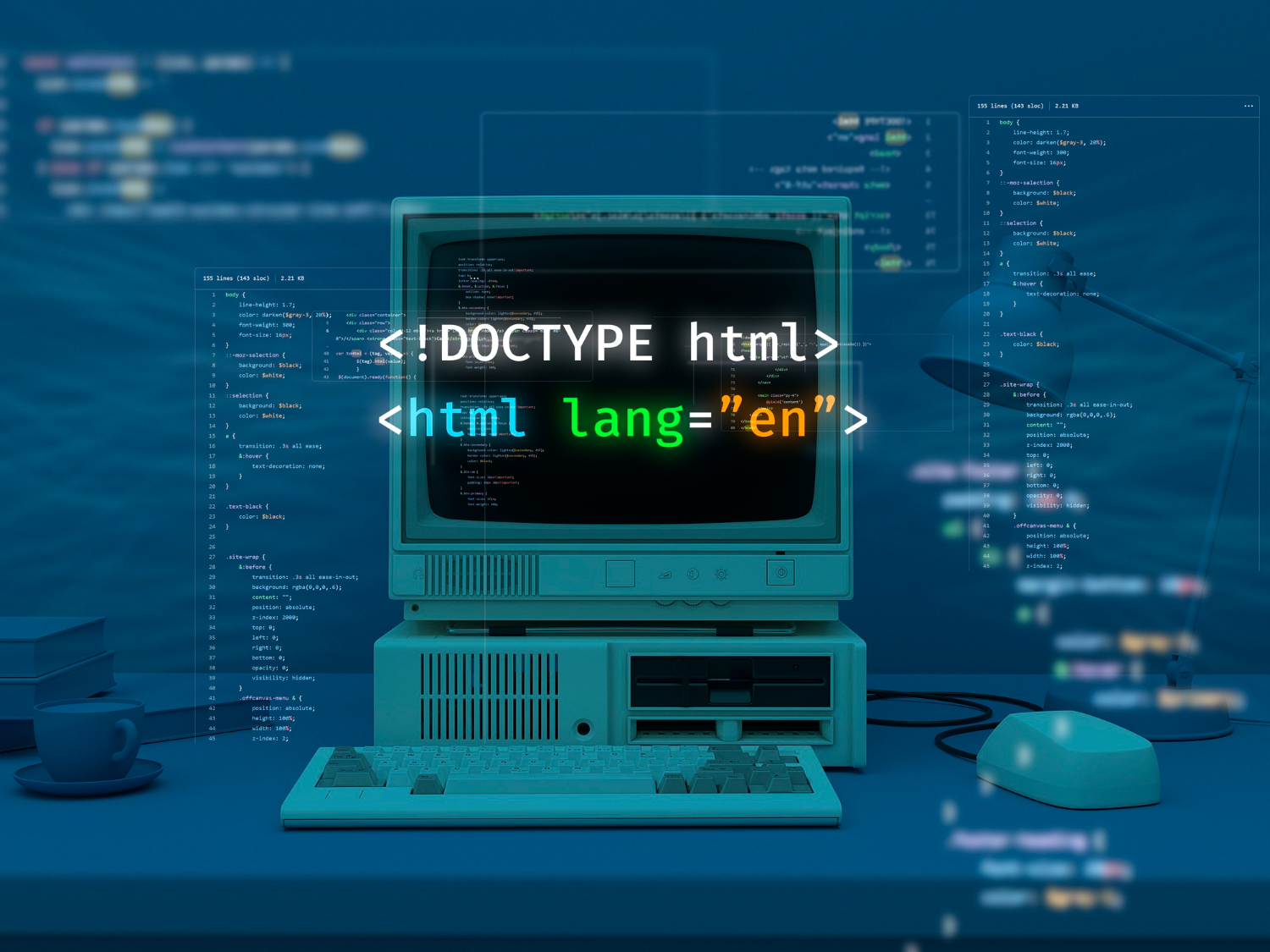The journey of transformation and innovation
The history of programming spans through the ages, where computer science and technology have evolved to become the driving force behind the tremendous progress we witness in our current era. The history of programming refers to the evolution of programming languages and tools used by programming communities to develop software and solve technical problems.
Originally, mechanical programming began in the nineteenth century, where mechanical machines were used to execute and perform complex operations and tasks. In 1801, Joseph Marie Jacquard invented a machine that could be programmed to weave various fabrics, marking one of the earliest forms of mechanical programming.
With the development of electronic computing in the mid-twentieth century, the first programming languages emerged. In the 1940s, with the advent of the first electronic computers, programming languages like Fortran, Cobol, and Algol were developed. These languages contributed to enabling programmers to control logical processes and achieve complex computational tasks.
In the seventies and eighties, with the emergence of personal computers, programming underwent a significant transformation. Languages like C, C++, Java, Python, and others emerged, becoming essential in software development, web application development, and mobile application development. Advanced development tools such as Integrated Development Environments (IDEs) and code editors were developed to facilitate the programming process and increase productivity.
In the twenty-first century, programming has witnessed remarkable developments. Advanced programming languages such as Ruby, Swift, Go, and others emerged and were used in developing innovative applications in fields like artificial intelligence, virtual reality, and more. Development frameworks and programming libraries were developed to facilitate application development and provide quick and efficient solutions for developers.
Programming methodologies have also evolved, with methodologies such as object-oriented programming, functional programming, and directive programming providing different approaches to organizing and building programs.
In our current world, the field of programming is experiencing rapid evolution with the emergence of new concepts and technologies. Programming is applied in various fields such as mobile applications, artificial intelligence, robotics, websites, games, big data analytics, and many other areas.
The history of programming is a journey filled with innovation and continuous improvement. Programming languages, tools, and methodologies have evolved to meet the needs of programmers and keep pace with technological advancements. Thanks to continuous technological progress, we can expect further developments and amazing innovations in the field of programming in the future.






